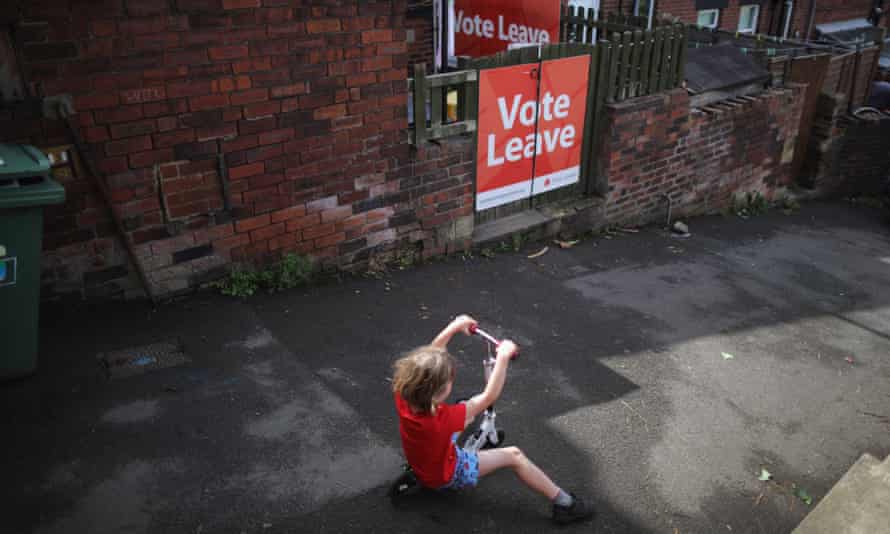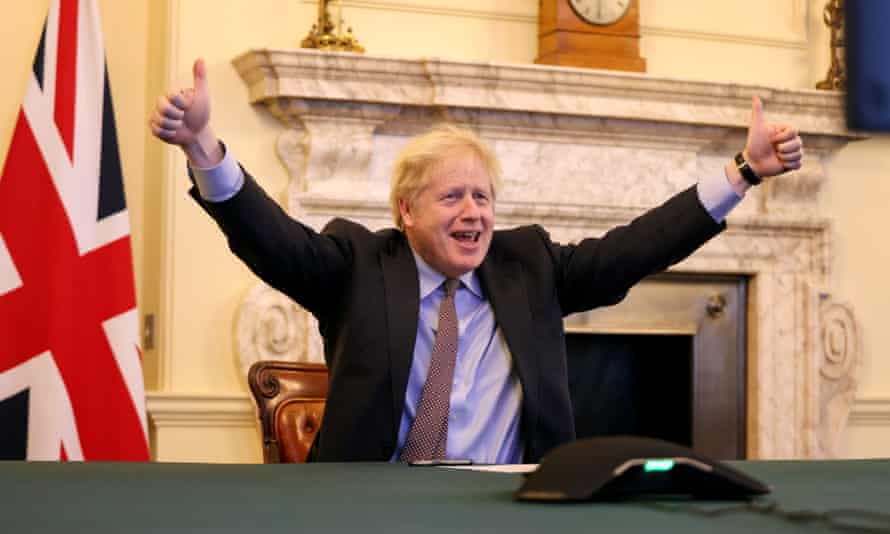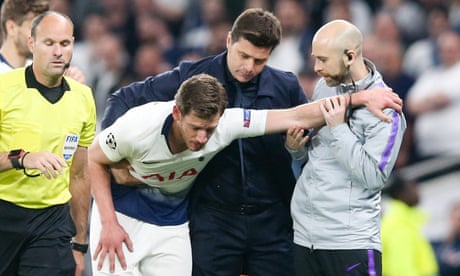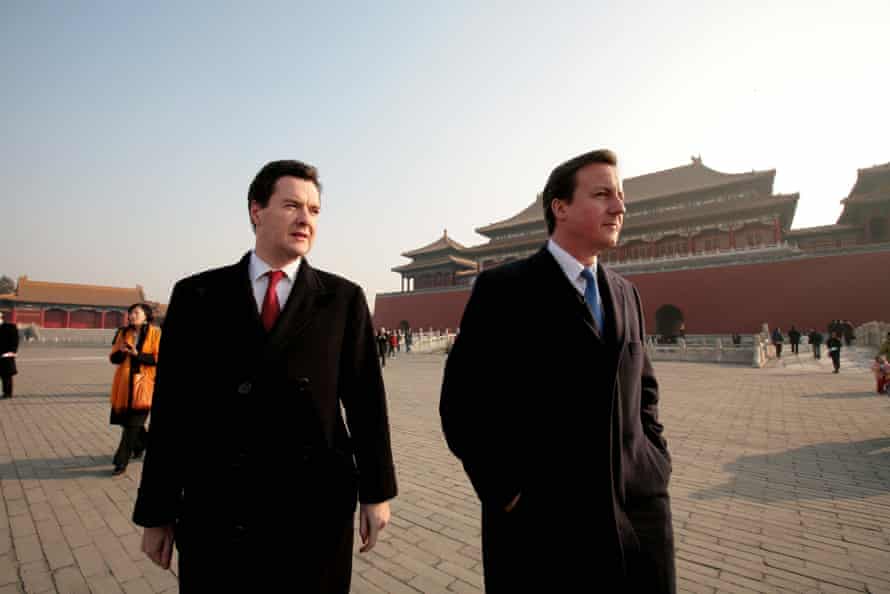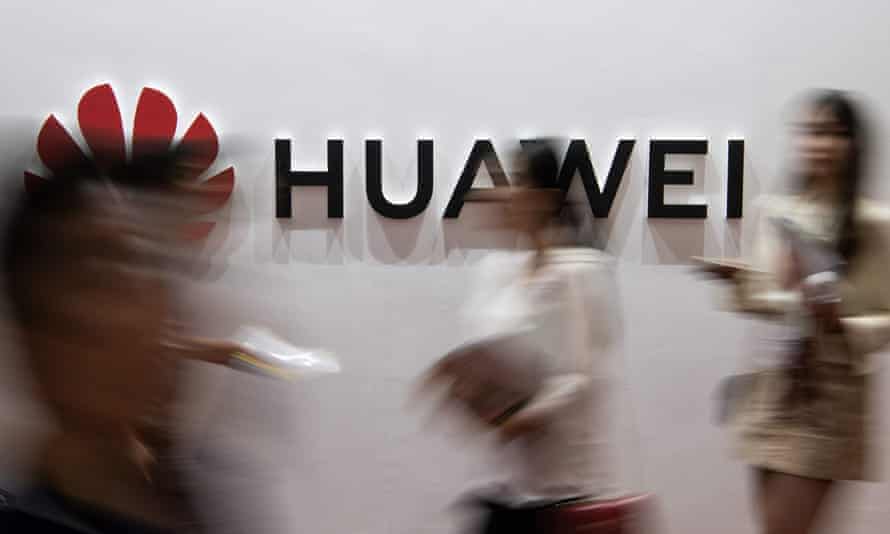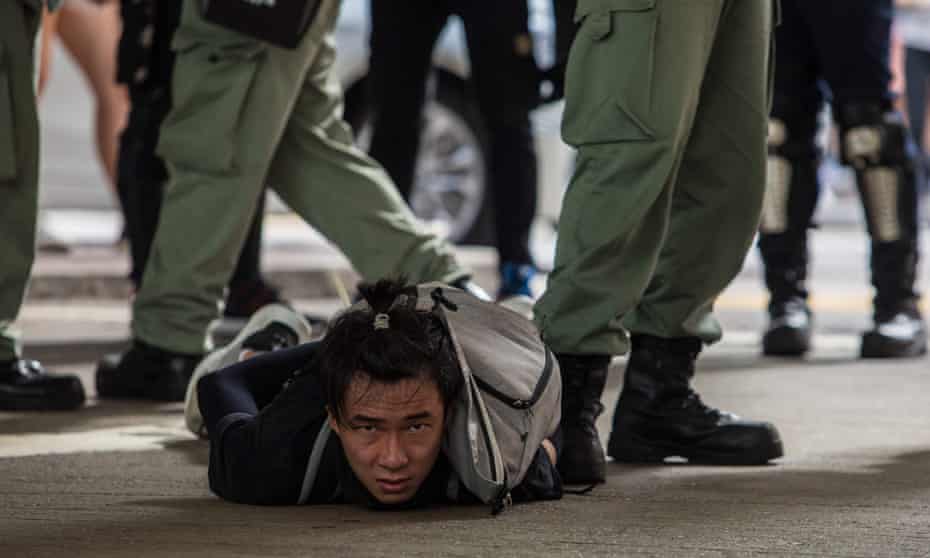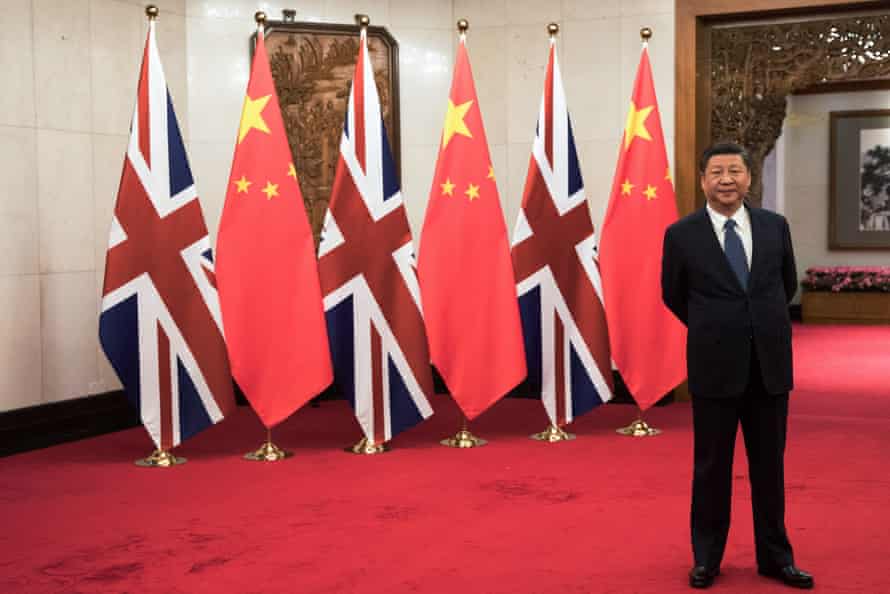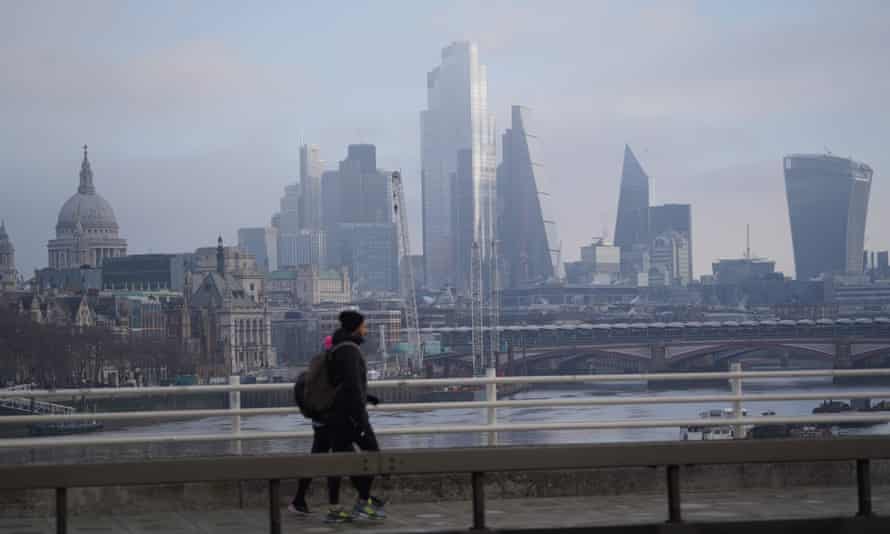
So this is it. Forty-eight years after Britain joined what was then the European Economic Community, the fasten seatbelt signs are switched on and the cabin lights have been dimmed. It is time for departure.
Many in the UK, especially on the left, are in despair that this moment has arrived. For them, this can never be the journey to somewhere better: instead it is the equivalent of the last helicopter leaving the roof of the US embassy in Saigon in 1975.
The lefties who voted for Brexit see it differently. For them (us, actually, because I am one of them), the vote to leave was historically progressive. It marked the rejection of a status quo that was only delivering for the better off by those who demanded their voice was heard. Far from being a reactionary spasm, Brexit was democracy in action.
Now the UK has a choice. It can continue to mourn or it can take advantage of the opportunities that Brexit has provided. For a number of reasons, it makes sense to adopt the latter course.
For a start, it is clear that the UK has deep, structural economic problems despite – and in some cases because of – almost half a century of EU membership. Since 1973, the manufacturing base has shrivelled, the trade balance has been in permanent deficit, and the north-south divide has widened. Free movement of labour has helped entrench Britain’s reputation as a low-investment, low-productivity economy. Brexit means that those farmers who want their fruit harvested will now have to do things that the left ought to want: pay higher wages or invest in new machinery.
The part of the economy that has done best out of EU membership has been the bit that needed least help: the City of London. Each country in the EU has tended to specialise: the Germans do the high-quality manufactured goods; France does the food and drink; the UK does the money. Yet the mass exodus of banks and other financial institutions that has been predicted since June 2016 has not materialised, because London is a global as well as a European financial centre. The City will continue to thrive.
If there are problems with the UK economy, it is equally obvious there are big problems with the EU as well: slow growth, high levels of unemployment, a rapidly ageing population. The single currency – which Britain fortunately never joined – has failed to deliver the promised benefits. Instead of convergence between member states there has been divergence; instead of closing the gap in living standards with the US, the eurozone nations have fallen further behind.
In their heads, those predicting Armageddon for the UK imagine the EU to still be Germany’s miracle economy – the Wirtschaftswunder – of the 1960s. The reality is somewhat different. It is Italy, where living standards are no higher than they were when the single currency was introduced two decades ago. It is Greece, forced to accept ideologically motivated austerity in return for financial support. The four freedoms of the single market – no barriers to the movement of goods, services, people and capital – are actually the four pillars of neoliberalism.
The Covid-19 crisis has demonstrated the importance of nation states and the limitations of the EU. Britain’s economic response to the pandemic was speedy and coordinated: the Bank of England cut interest rates and boosted the money supply while the Treasury pumped billions into the NHS and the furlough scheme. It has taken months and months of wrangling for the eurozone to come up with the same sort of joined-up approach.
Earlier in the year, there was criticism of the government when it decided to opt out of the EU vaccine procurement programme, but this now looks to have been a smart move. Brussels has been slow to place orders for drugs that are effective, in part because it has bowed to internal political pressure to spread the budget around member states – and its regulator has been slower to give approval for treatments. Big does not always mean better.
Leaving the EU means UK governments no longer have anywhere to hide. They have economic levers they can pull – procurement, tax, ownership, regulation, investment in infrastructure, subsidies for new industries, trade policy – and they will come under pressure to use them.
Many on the remainer left accept the EU has its faults, but they fear that Brexit will be the start of something worse: slash and burn deregulation that will make Britain a nastier place to live.
This, though, assumes that Britain will have rightwing governments in perpetuity. It used to be the left who welcomed change and the right that wanted things to remain the same. The inability to envisage what a progressive government could do with Brexit represents a political role reversal and a colossal loss of nerve.
